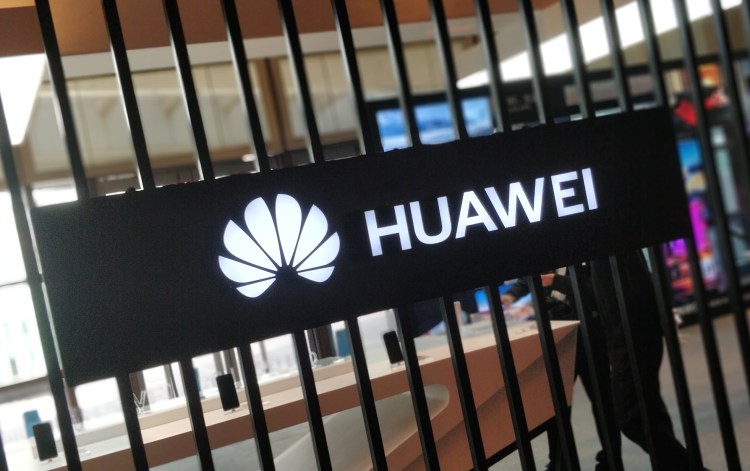U.S. officials have spent the entirety of 2018 working to block China’s Huawei from installing next-generation 5G cellular gear inside the U.S. — or its allies — but the company isn’t taking no for an answer. After the FCC moved to bar carriers from using federal funds to buy Chinese networking hardware, a new FCC filing (via FierceWireless) reveals that Huawei is now lobbying the agency to reconsider its opposition, claiming that 5G deployments will be delayed and prices will be higher without its participation.
While the dispute between the U.S. and Huawei has been gestating for years, it came to a head in early 2018 when legislators and national security advisors began calling on carriers to kill deals with Chinese handset and networking gear makers over security concerns. Officials specifically named Huawei and ZTE as threats, abruptly stopping both companies in the midst of plans to bring new, low-cost 4G and 5G devices to American consumers.
U.S. officials have maintained that Chinese law requires Huawei to participate in government-sponsored espionage, and that its products can contain backdoors, enabling clandestine monitoring. The concerns have spread outside the U.S. to Australia, which consequently blocked Huawei from participating in its 5G buildouts, and other U.S. allies, which are still considering their options. Huawei has repeatedly denied the allegations.
Huawei’s latest FCC filing suggests that the company currently supplies telecommunications hardware to over 170 countries, many of which “are close allies of the United States,” as well as the U.S. itself, where it largely serves small carriers in rural and remote areas. Because those carriers are especially price-constrained, it opines that an FCC order designed to preclude federal dollars from being spent on Huawei gear would lead some of those carriers to “go out of business entirely” and others to incur hundreds of millions of dollars in costs. The company claims that “Huawei’s lack of presence in the U.S. would raise prices, harm competition, hinder innovation, and ultimately delay 5G deployment.”
June 5th: The AI Audit in NYC
Join us next week in NYC to engage with top executive leaders, delving into strategies for auditing AI models to ensure fairness, optimal performance, and ethical compliance across diverse organizations. Secure your attendance for this exclusive invite-only event.
However, deployments of 5G networking gear have already started in the United States without Huawei hardware. European rivals Ericsson and Nokia have grown their business with U.S. carriers Verizon, AT&T, T-Mobile, and Sprint, each of which has already started installing 5G- or 5G-ready hardware in multiple cities. Verizon launched its pre-standards 5G network in four cities yesterday, and AT&T has pledged to launch standards-based 5G in 12 cities by year’s end.
Ericsson has announced a major commitment to U.S. 5G development and manufacturing, and South Korean competitor Samsung has announced secure 5G gear, and is similarly working to bolster its U.S. presence. Government officials and engineers have noted the intrinsic importance of security in 5G networking products, as cars, drones, factories, and even cities will be wirelessly connected and, without completely trustworthy hardware, could be subject to unauthorized remote control.
On the other hand, there’s little question that Huawei’s absence as a competitor will lead to higher initial equipment prices — for carriers, if not customers. Huawei is known outside of the U.S. as particularly aggressive on pricing, and also reasonably innovative in engineering, having developed a solid share of the patented technologies that underlie the 5G standard.
With its first 5G devices nearing release, the company suggests that the FCC and other agencies develop a “comprehensive security framework to protect against threats,” including Huawei as part of the discussion. It previously called for the FTC to become involved in fighting the national security ban. Whether the U.S. takes Huawei up on the suggestions remains to be seen.

